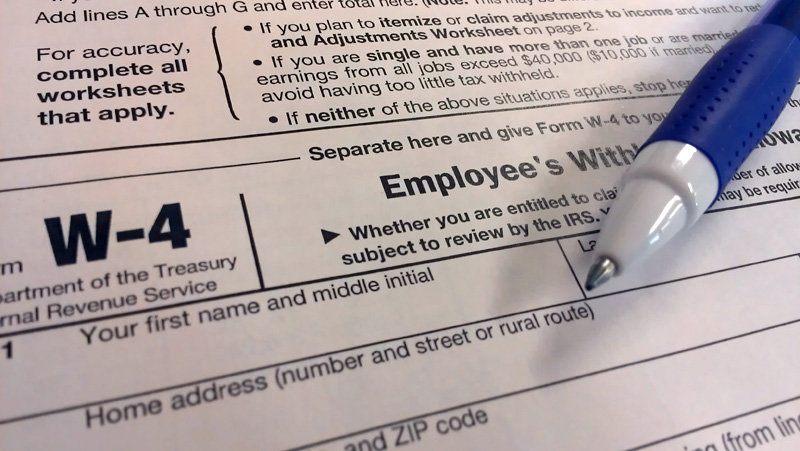The most affordable city to go to this summer is the one you live in.
If it’s a lean year or you have some financial goals you are working towards and looking to cut back on spending for a while, a staycation may be a great option.
Most people can live somewhere for such a long time and rarely or never see some of what makes their city great. Sometimes people never go to these places unless someone comes to visit from out of town. So take some time and find what makes your city amazing. And save lots of dough by doing so.
The cost of an the average family vacation is a whopping $4,580. By doing the activities below for a staycation, you can have a great time for a fraction of that.
1. View your city like a tourist. More than likely where you live, there are places of interest. Maybe it’s been a long time or maybe you’ve never been. Go check them out!
2. Do nothing. You know how you get home from vacation and you feel like you need another vacation just to rest and relax? Well do just that, skipping the exhausting travel and go-go-go.
3. Go to the spa. By not spending money on hotels or travel, you may be able to treat yourself.
4. Go to a part of town you’ve never been to before. Sometimes what makes a vacation refreshing is the change of scenery and getting out of the routine. Maybe take a scenic drive or bikeride. Have a picnic in a park you’ve never been to.
5. Eat out every night. Yeah, not the greatest financial advice usually, but hey, like the spa, you’re saving all the money by staying at home. And if you were on vacation, you’d eat out every night anyway. So take a break from cooking and cleaning. Make sure to try new places—that aren’t chains preferably.
6. Take a class or workshop. Our hobbies always seem to be getting de-prioritized. This is the chance to learn more about your camera, or how to make cheese or make preserves.
7. Go to a play. Especially if you never go to the theatre. Live theatre is mostly always more entertaining than a movie.
These are just some ideas to get started. Whatever you do this summer, be safe and spend wisely. The Holidays will be here before you know it.










